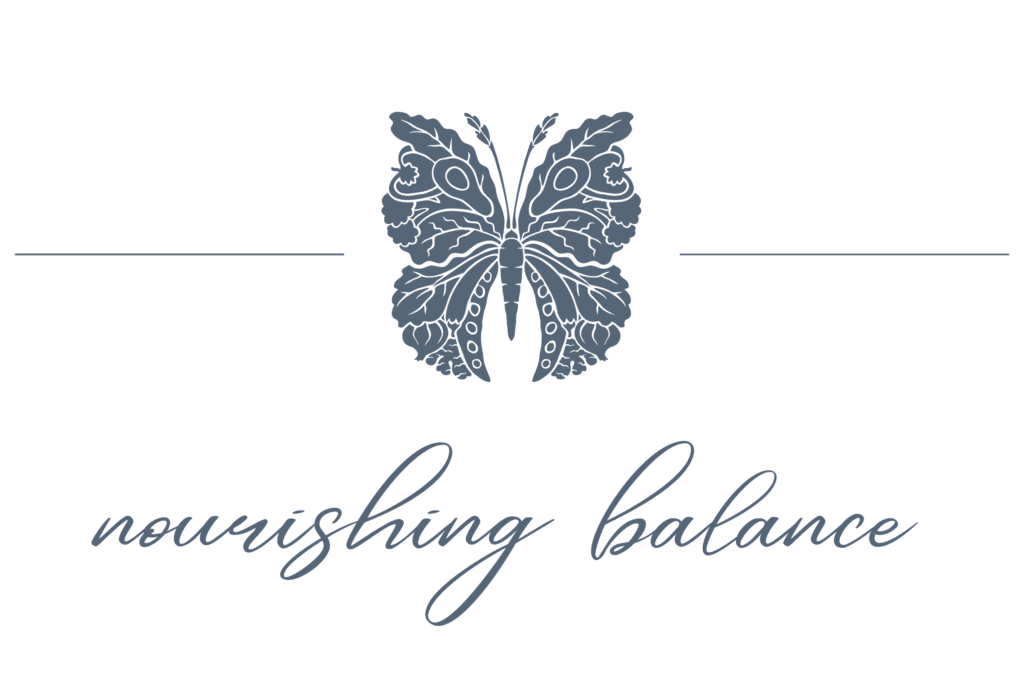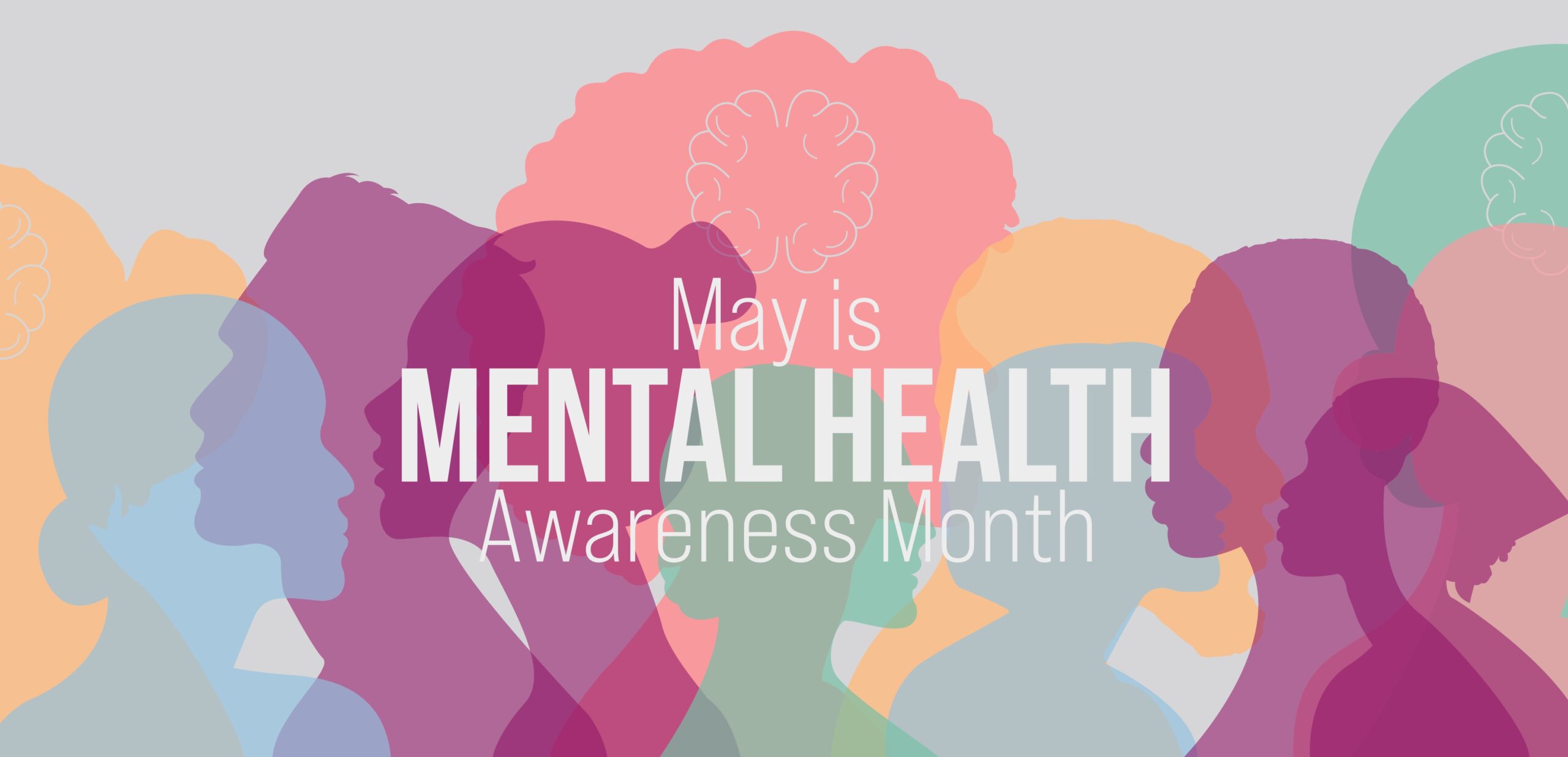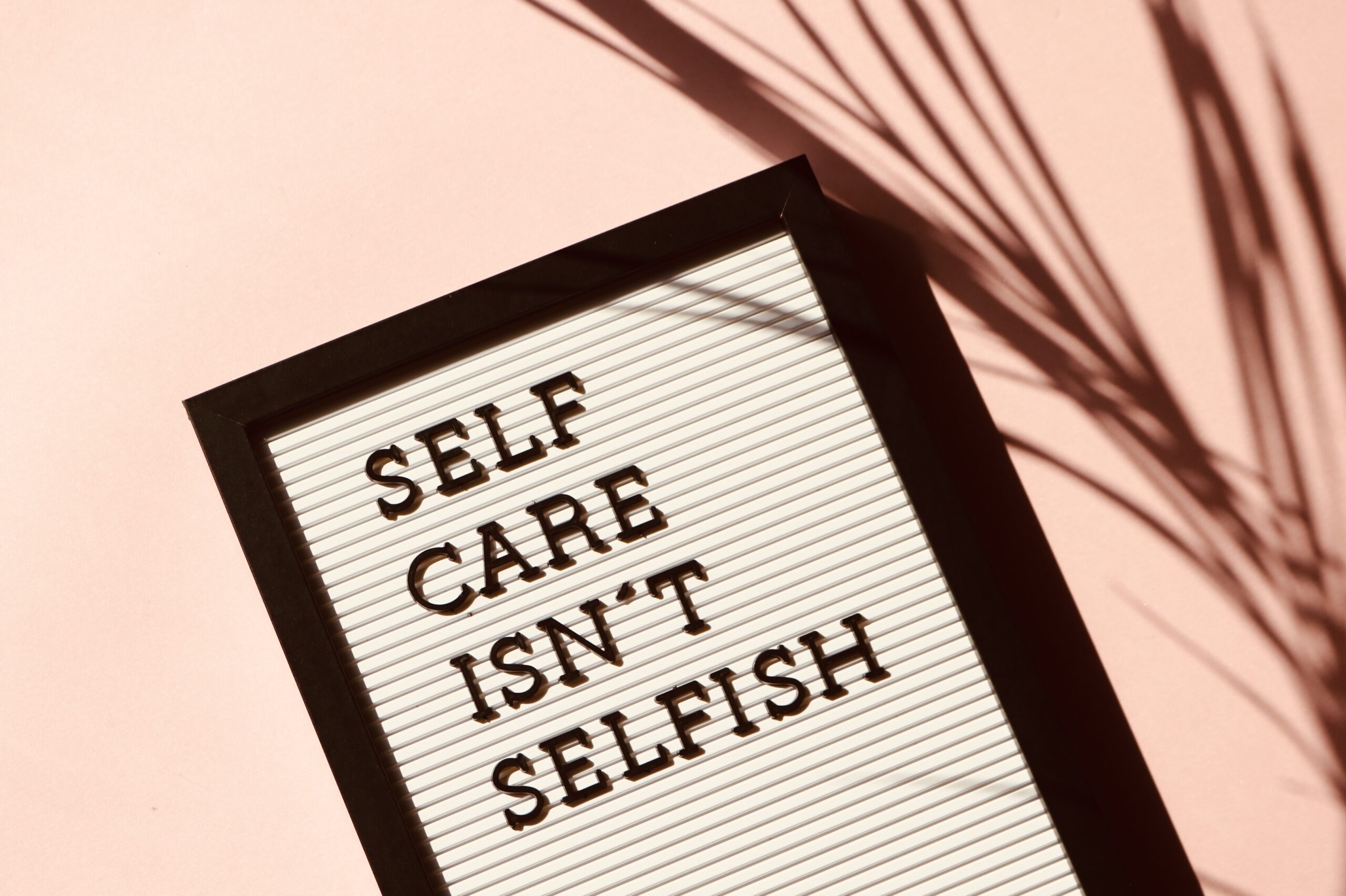Did you know that 10% of all women are diagnosed with Polycystic Ovarian Syndrome(PCOS), but yet it is a condition that is often misunderstood and when not consulting with the right health practitioner can be challenging to manage.
Not to worry, you have come to the right place. Maiya, one of our registered dietitians specializes in working with women with hormonal imbalances and PCOS!
What is PCOS?
Polycystic Ovarian Syndrome is an endocrine disorder characterized by an imbalance in women’s sex hormones including testosterone (androgens), estrogen, and progesterone.
Despite its name— it’s not constricted to only having cysts on the ovaries. Although it’s a condition that affects our hormones, PCOS has roots in metabolic health, inflammation, and adrenal function.
Some symptoms for PCOS can include:
- Acne
- Oily skin and hair
- Excess hair growth on the face and body
- Hair thinning or loss on the head
- Darkened skin patches
- Irregular periods or no periods
- Pregnancy complications
- Some types of cancer
How is PCOS diagnosed?
PCOS does not always mean you have cysts on your ovaries, two of the three Rotterdam criteria listed below are needed to be met for a diagnosis:
- The ovaries are polycystic meaning they have 12 or more follicles on one ovary or the size of one or both ovaries is high
- Hyperandrogenism, meaning you have high levels of androgens (male hormones)
- Irregular periods; you can have many issues occurring with your periods including spotting or no periods at all
What causes PCOS?
The exact cause of PCOS is unclear although studies have shown it can be linked to genetic and environmental factors. Genetically, it’s often very common for sisters or a mother and daughter to have PCOS.
Environmental toxins are also linked to PCOS as they can be endocrine disruptors. Plasticizers such as BPA or bisphenol belong to the category of endocrine-disrupting chemicals (EDC’s). Studies have shown that fetuses, infants, and young children are the most susceptible groups in the early developmental periods. EDC’s can mimic endogenous hormones which may later fetal programming and lead to PCOS.
PCOS has also been linked to some chronic illnesses such as diabetes. Women with PCOS can have insulin resistance which means the body can’t use insulin very well. When insulin levels build in the body it can cause higher androgen levels leading to PCOS.
What are the types of PCOS?
PCOS is often misunderstood, it does not always cause infertility and can actually continue to occur post-menopause! Some women may see period irregularities and some may not. It’s important to remember it is unique to each individual and you may fall into one of these categories or all of them.
Insulin Resistant PCOS:
Insulin is a vehicle to transport glucose into our cells allowing our bodies to use it for energy. When you are insulin resistant your body can become “numb” to the effects of insulin and will no longer use it efficiently. This can cause your pancreas to produce more insulin until the cells receive the message. This state is called hyperinsulinemia. High insulin can spike your luteinizing hormone levels and can lead to excess production of a male hormone- testosterone in your ovaries. High levels of testosterone can sometimes prevent ovulation. In this type of PCOS you may experience intense sugar cravings and hold more weight around your abdomen. It is the high levels of insulin that drive androgen levels up leading to symptoms of hair growth/loss, acne, fatigue, and brain fog.
Pill-Induced PCOS:
Hormonal birth control pills secrete synthetic hormones that suppress ovulation and our bodies natural hormones. For some women, when going off birth control it can take many months to rebalance their hormones (usually anywhere from 3-6 months). During this period your ovaries can secrete high levels of androgens causing irregular periods. This can persist from months to years and can cause the diagnosis of PCOS. This type of PCOS may be reversed after hormonal rebalance or the pill may have been hiding undiagnosed symptoms of PCOS.
Inflammatory PCOS:
Chronic inflammation can occur from a variety of health conditions, including PCOS. When you are stressed your body releases a hormone called cortisol, high levels of this hormone can cause your ovaries to make excess testosterone, throwing your natural hormonal balances off. Some signs your body has inflammation are fatigue, skin issues such as eczema, and bowel issues like IBS (irritable bowel syndrome).
Adrenal/ Stress PCOS:
This is the least common type of PCOS and generally affects 10% of those who are diagnosed. It occurs from having an abnormal stress response that causes elevated adrenal androgens such as DHEAS. These hormones can be converted to testosterone by peripheral tissues in the body. This process can occur independently from the ovaries and any involvement with insulin.
How can PCOS affect ovulation?
Recap on how ovulation generally occurs.
Ovulation occurs when a follicle in your ovary gets stimulated by the follicle stimulating hormone (FSH). This hormone helps the follicle to develop and produce estrogen. As the estrogen levels increase in your body, it will signal a hormone called luteinizing hormone (LH). This hormone will help to release the mature egg from your ovaries. The egg will then be ready to get fertilized by male sperm. If the egg is not fertilized, then you will get your period and the egg will be released.
If you are curious to learn more about female hormones and the menstrual cycle, check out of other blog.
Now let’s talk about how your body’s response can change during ovulation with PCOS with high levels of androgens.
If you have PCOS your body may release higher levels of luteinizing hormone into your bloodstream, causing disruption to your natural ovulation cycle. Too high levels of LH do not allow your follicles to mature and release proper amounts of estrogen. The immature follicles don’t always dissolve and can remain as fluid-filled sacs or “cysts” on your ovaries. This may lead to irregular periods and/or lack of ovulation.
Management of PCOS
Although there is no cure for PCOS, there are many methods for managing the condition. And believe it or not, hormonal birth control is not your only answer. It’s important to take a deeper look at lifestyle factors, such as diet, type of exercise, supplementation, and environmental toxins to improve symptoms.
If you would like to learn how to manage your PCOS in a sustainable way, book a free discovery call with Maiya today! She will work with you in creating sustainable changes that fit into your lifestyle.
References
- https://pubmed.ncbi.nlm.nih.gov/27559705/
- https://www.endocrine.org/patient-engagement/endocrine-library/hormones-and-endocrine-function/reproductive-hormones
- https://www.researchgate.net/publication/44613233_Effect_of_a_low_glycemic_index_compared_with_a_conventional_healthy_diet_on_polycystic_ovary_syndrome
- https://www.womenshealth.gov/publications/our-publications/fact-sheet/polycystic-ovary-syndrome.html
- https://www.ncbi.nlm.nih.gov/pmc/articles/PMC5774551/
- https://www.nih.gov/news-events/some-women-pcos-may-have-adrenal-disorder-nih-researchers-suggest#:~:text=June%2027%2C%202016-,Some%20women%20with%20PCOS%20may%20have%20adrenal%20disorder%2C%20NIH%20researchers,of%20Health%20and%20other%20institutions.




